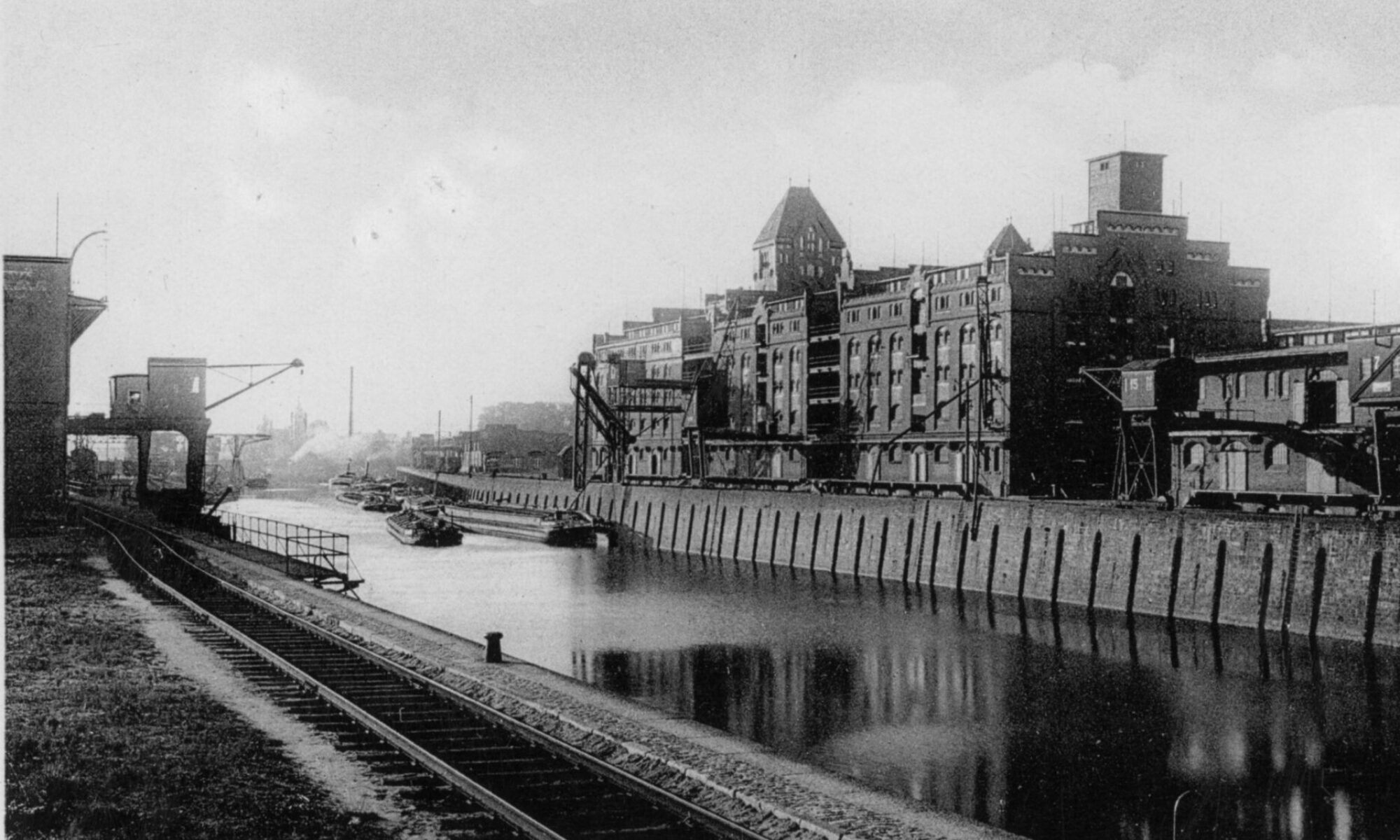Railway Museum in Silesia
Branch in Dzierżoniów
The museum is built on the basis of a historic locomotive from the turn of the 19th and 20th centuries. located in Dzierżoniów on the Wałbrzych – Kłodzko railway route. After the renovation and maintenance of the remaining buildings of the locomotive shed and railway infrastructure, the Museum will display a rolling stock from the years of the Second World War and the post-war years.
Regular journeys from the Museum in Jaworzyna Śląska to the depot in Dzierżoniów, where a collection of historical steam locomotives are already available, are already organized. Part of the exhibition at the future Museum will be devoted to presentations of the development of local industry. An exhibition of antique radios from the well-known „Diora” factory in Dzierżoniów is planned.
The museum is under organization and is not open to the public
